Serbia
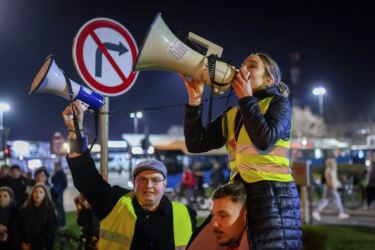
Is Serbia’s student protest movement at an impasse?
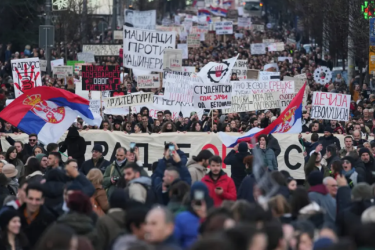
Beyond protest: Can Serbia’s student movement spark a political breakthrough?
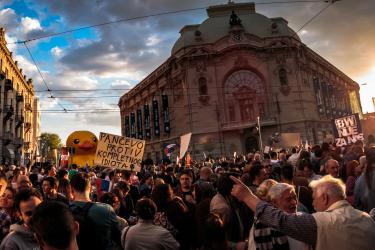
Serbia in 2024: A mirror on capitalism’s global crises

The Nobel Prize for Institutions: A critique of Acemoglu and Robinson’s framework
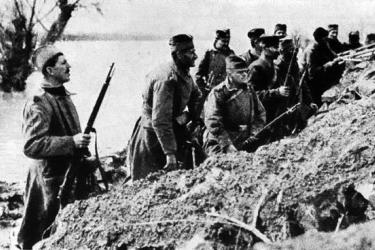
Lenin on Serbia’s role in World War I: A useful analogy for the current Ukraine war?
John Pilger wrong on former Yugoslavia

Kosovans displaced by Milosevic's serb-chauvinist regime.
Hope in Bosnia-Herzegovina revolt; Graphic new doco on wave of people's power
Documentary: Bosnia and Herzegovina in Spring, March 2014.
Bosnia’s magnificent uprising: Heralding a new era of class politics?

Mass protest in Tuzla, February 7, 2014.
Building socialism for the 21st century: interview with Michael A. Lebowitz

[For more articles by or about Michael Lebowitz, click HERE.]
Michael A. Lebowitz interviewed by Darko Vesić and Aleksandar Stojanović
May 7, 2013 -- Left East,suggested to Links International Journal of Socialist Renewal by Michael Lebowitz.
Darko Vesić and Aleksandar Stojanović: Capitalism has been in crisis for several years now and in response to this crisis the capitalist states practice so-called austerity measures. If we look at the historical dynamics of capitalism in the last half century, we see that they responded to the crisis of the 1970s with what is now called “neoliberalism”. If the restoration of growth is what must be carried out as a response to the crisis, we can say that neoliberalism of the 1970s was successful. Yet, can we say same of present-day “austerity measures”?
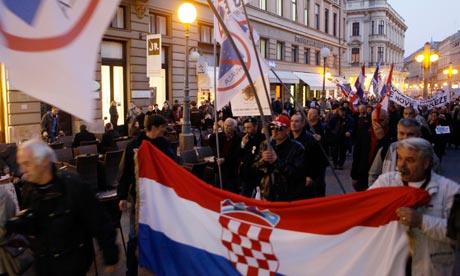
Protesters rally during anti-government protest in Zagreb, Croatia, March 2011. Photograph: Darko Bandic/AP.
[Links International Journal of Socialist Renewal urges its readers to consider taking out a subscription to Monthly Review, where this article first appeared.]
By Srećko Horvat and Igor Štiks
